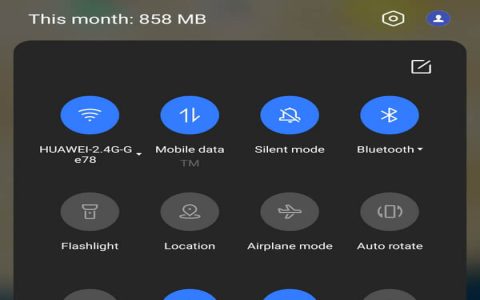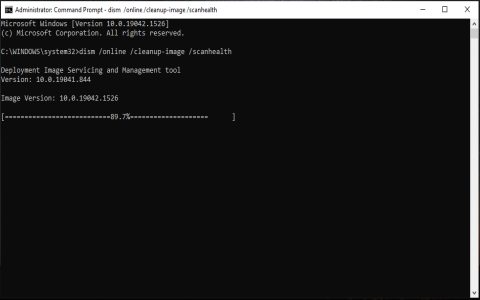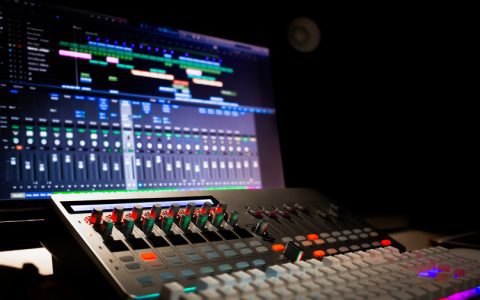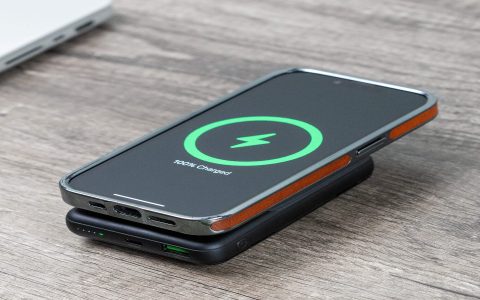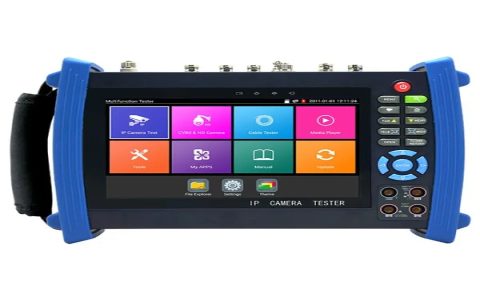Controlling Volume Button Behavior in Android
Altering the default behavior of Android volume buttons can be necessary for specific application requirements, such as kiosk mode, custom media controls, or preventing accidental volume adjustments during critical tasks. Control can be exerted at the application level or, with significant restrictions, at a more systemic level.
Application-Specific Control via Key Events
The most common and recommended method for managing volume button presses within your own application is by intercepting key events directly in your Activity.
Overriding Key Event Callbacks:
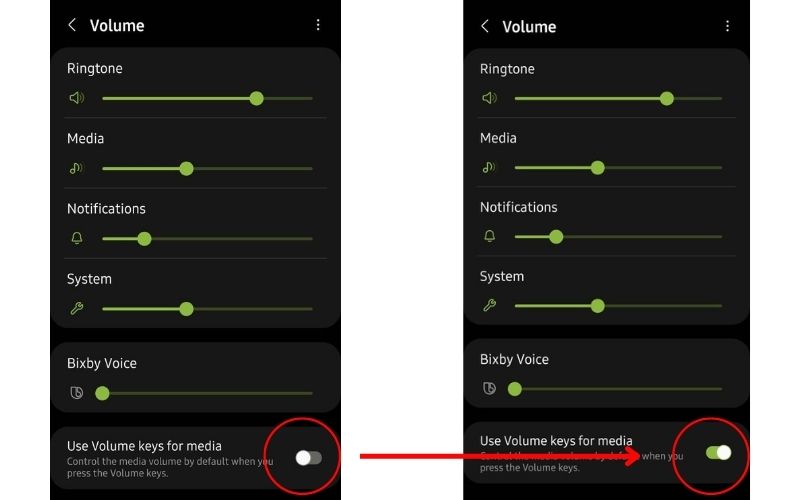
To prevent the system from handling volume up and volume down presses, you can override the onKeyDown() and/or onKeyUp() methods. If these methods detect a volume key event (*_VOLUME_UP or *_VOLUME_DOWN) and return true, the event is consumed. This stops the default system action of changing the audio volume.
Example Implementation:
import *;
import *;
import *;
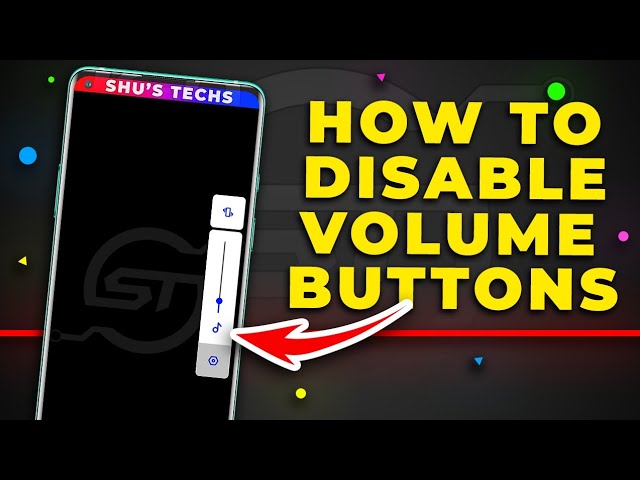
public class YourActivity extends Activity {
@Override
protected void onCreate(Bundle savedInstanceState) {
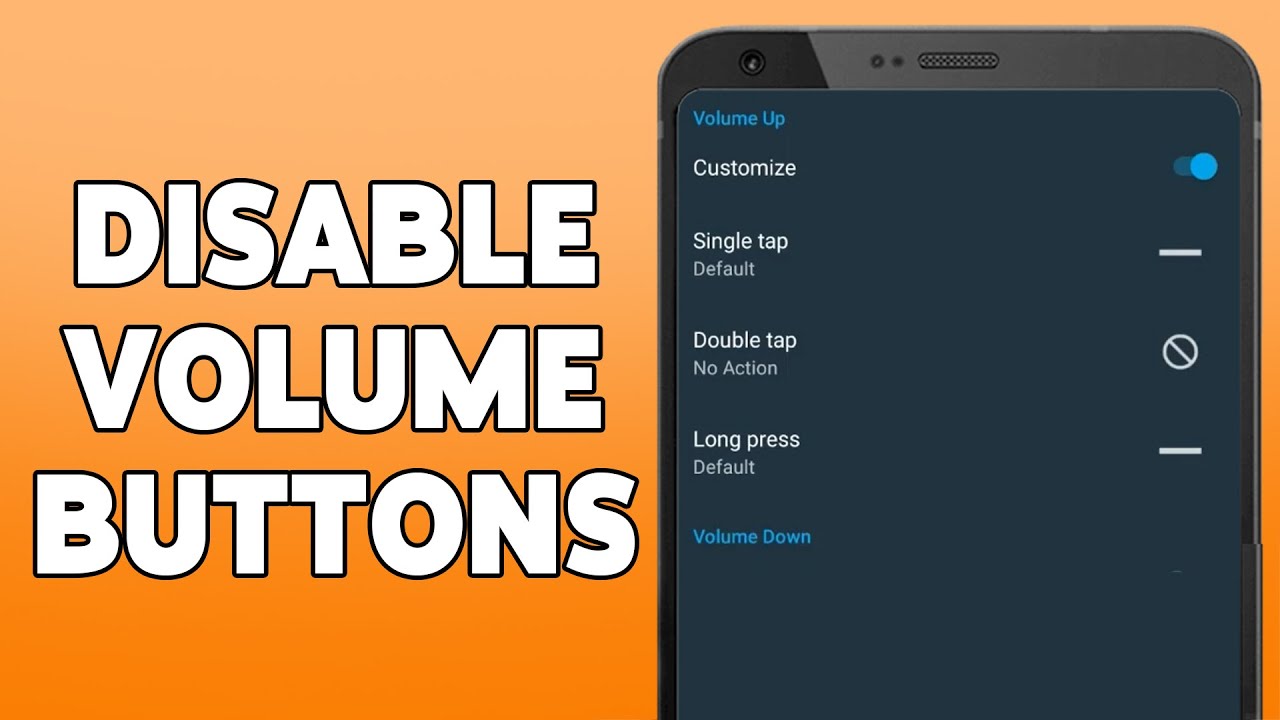
*(savedInstanceState);
// Your Activity initialization
}
@Override
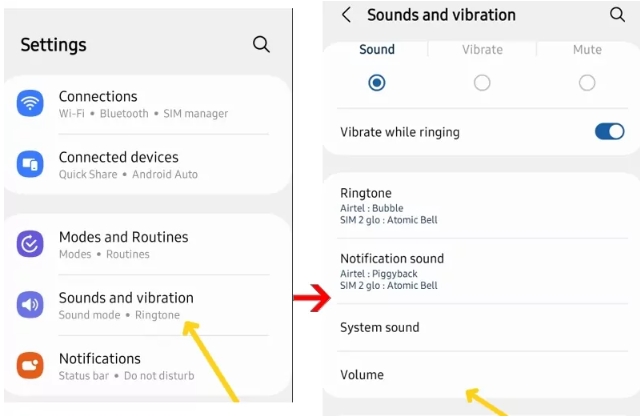
public boolean onKeyDown(int keyCode, KeyEvent event) {
if (keyCode == *_VOLUME_UP
keyCode == *_VOLUME_DOWN) {
// Implement custom logic or leave empty to "disable"
return true; // Consumes the event, preventing system volume change
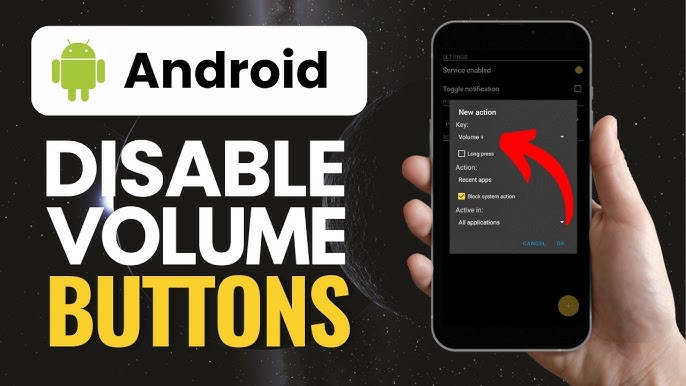
}
return *(keyCode, event);
}
@Override
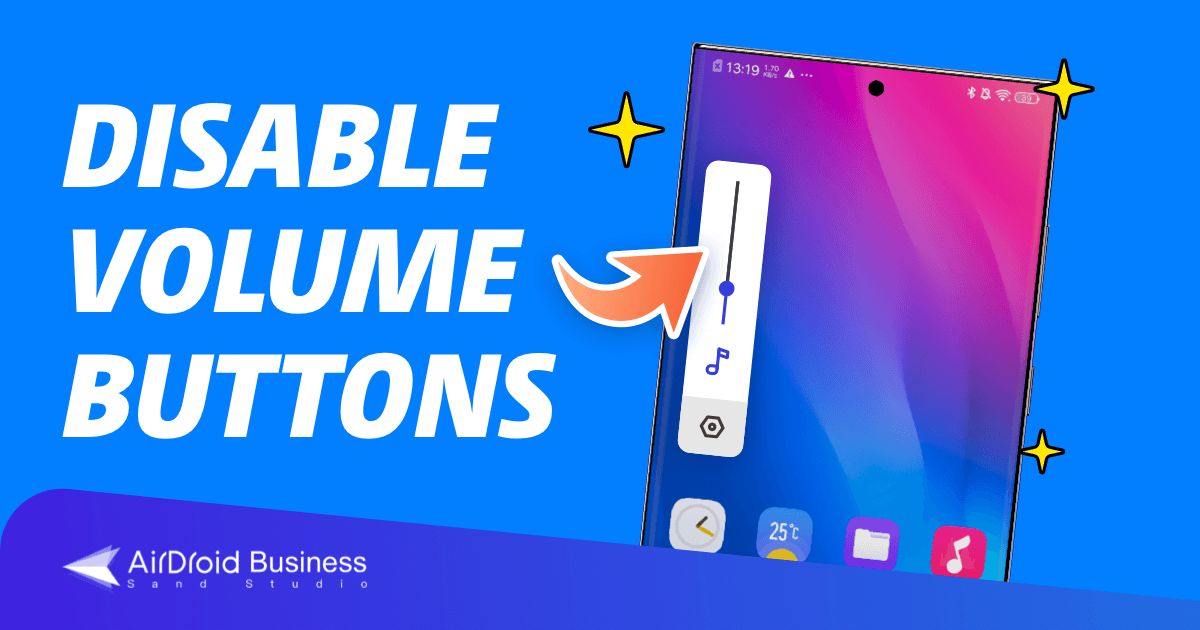
public boolean onKeyUp(int keyCode, KeyEvent event) {
if (keyCode == *_VOLUME_UP
keyCode == *_VOLUME_DOWN) {
return true; // Consumes the event
}

return *(keyCode, event);
}
Key Considerations for Application-Level Control:
- This approach is effective only when your Activity is in the foreground and has input focus.
- It does not disable volume buttons system-wide. Other applications and system UI elements (e.g., the notification shade) can still adjust volume.
System-Wide Volume Button Disabling (Restricted)
Achieving system-wide disabling of volume buttons for a standard application is highly restricted by Android's security model to protect user experience and device control. Such functionality is generally limited to scenarios involving special permissions or device management contexts:
- Device Owner / Profile Owner (MDM Solutions): Applications acting as Device Policy Controllers (DPCs) in enterprise environments can enforce policies that may restrict hardware key functionalities, including volume buttons, under specific conditions. This is not applicable for general consumer apps.
- Accessibility Services: An Accessibility Service can request permission to observe and intercept key events globally. However, this is intended for genuine accessibility purposes. Misusing this API for non-accessibility features can lead to app rejection from app stores and a poor user experience. It requires explicit user consent for a high-privilege permission.
- Root Access: On rooted devices, modifications to system behavior, including disabling hardware buttons, are possible. This is outside the scope of standard Android app development and not a viable solution for apps distributed through typical channels.
For most applications, attempting to disable volume buttons system-wide is not feasible or recommended.
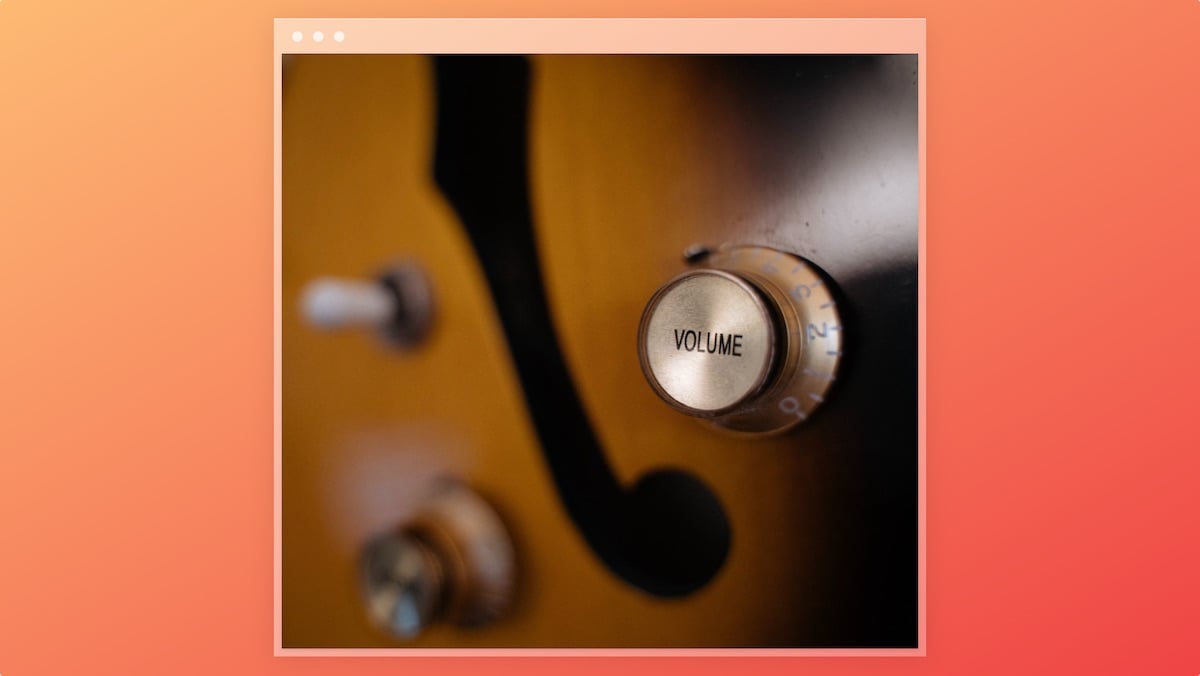
Important Considerations
- User Experience (UX): Overriding standard hardware button behavior can be disorienting and frustrating for users. If you disable volume buttons, ensure it's for a compelling reason and consider providing clear, alternative in-app volume controls.
- Scope of Control: Clearly define whether you need to manage volume buttons only while your app is active (achievable) or system-wide (highly restricted).
- Alternative Audio Management: Instead of completely disabling buttons, consider programmatically setting specific audio stream volumes using while allowing the buttons to function for other streams or providing custom visual feedback for volume changes within your app.
Focusing on application-specific control via key event overriding is the most practical and user-friendly approach for most scenarios requiring custom volume button handling.

